Kosovo’s Kurti Feels the Heat Over Licence Plates Crisis
Since the licence plate crisis erupted, Kosovo’s Prime Minister has become sandwiched between criticism coming from all sides, both at home and abroad.
Since the licence plate crisis erupted, Kosovo’s Prime Minister has become sandwiched between criticism coming from all sides, both at home and abroad.
Zoran Milanovic’s offensive approach to neighbouring Bosnia and Herzegovina underscores the folly in the theory that EU membership would raise standards and encourage good neighbourly relations.
The Islamic State (IS) militant group has appointed a previously unknown figure as its head after its leader blew himself up in October while being besieged by former anti-government rebels in southern Syria, those involved in the clash told Reuters.
IS selected Abu al-Hussein al-Husseini al-Quraishi as its new leader, a spokesman for the group said in a recording. He did not offer further details on the new leader.
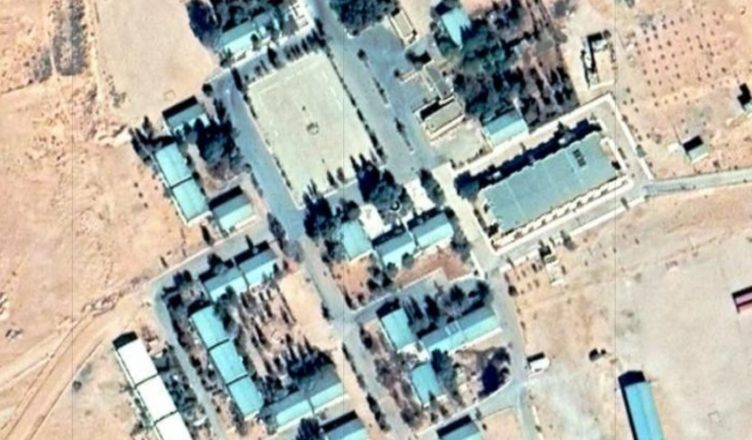
Le régime militaire algérien, qui a fait appel à l’Iran depuis quelques années, se dote de matériels militaires, y compris des drones fournis par les mollahs iraniens pour équiper son armée, selon plusieurs sources diplomatiques et sécuritaires, au moment où les parlementaires européens ne cessent de dénoncer le Front Polisario de Brahim Ghali ainsi que ses connexions avec le Hezbollah libanais et les gardiens de la révolution iranienne.
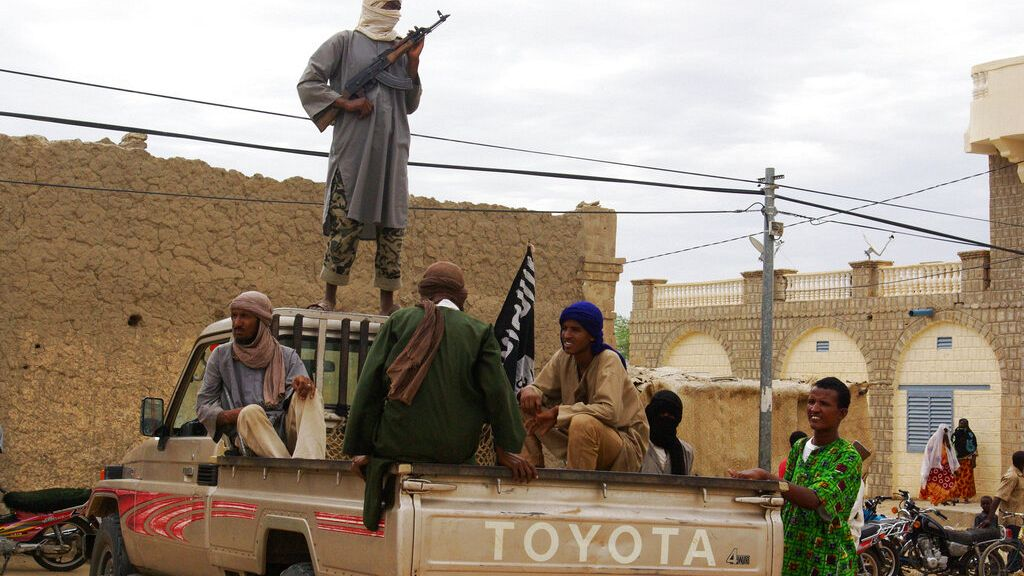
Un soldat malien et un civil ont été tués dans une “attaque terroriste” dans l’ouest du pays, a indiqué jeudi à l’AFP un responsable administratif local.
L’attaque a eu lieu mercredi soir à Yélimané, ville proche de la frontière avec la Mauritanie, dans la région de Kayes, zone où les attaques djihadistes sont rares.
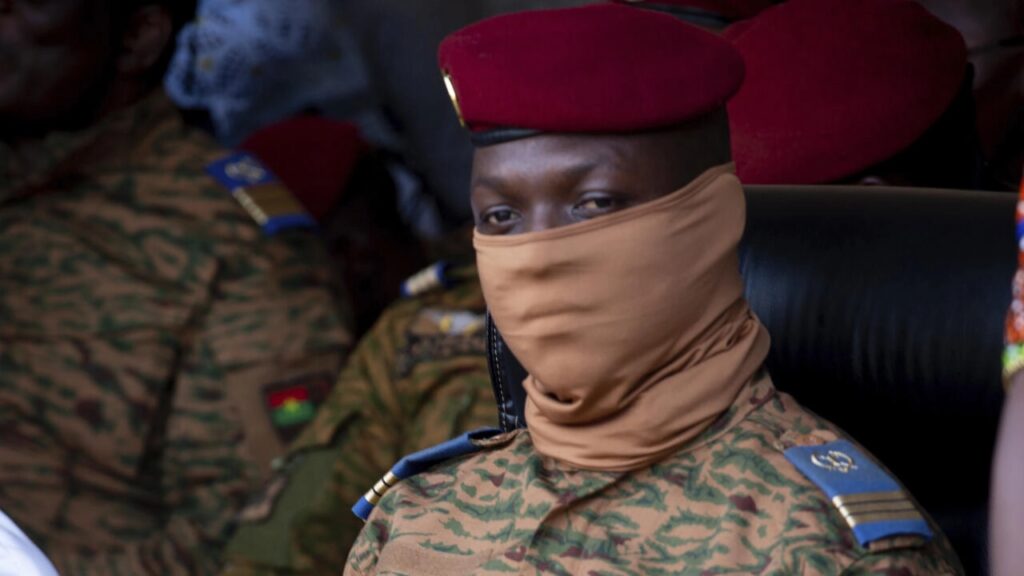
Au Burkina Faso, le président de la transition, capitaine Ibrahim Traoré, a annoncé qu’une tentative de coup d’État a visé son pouvoir la semaine dernière. Il a rencontré plusieurs organisations de la société civile, jeudi 1er décembre à Ouagadougou, pour faire le point sur les actions à venir dans le cadre de la lutte antiterroriste et solliciter leur soutien dans la veille citoyenne. Il voudrait ainsi mettre fin à toute tentative de déstabilisation de la transition.
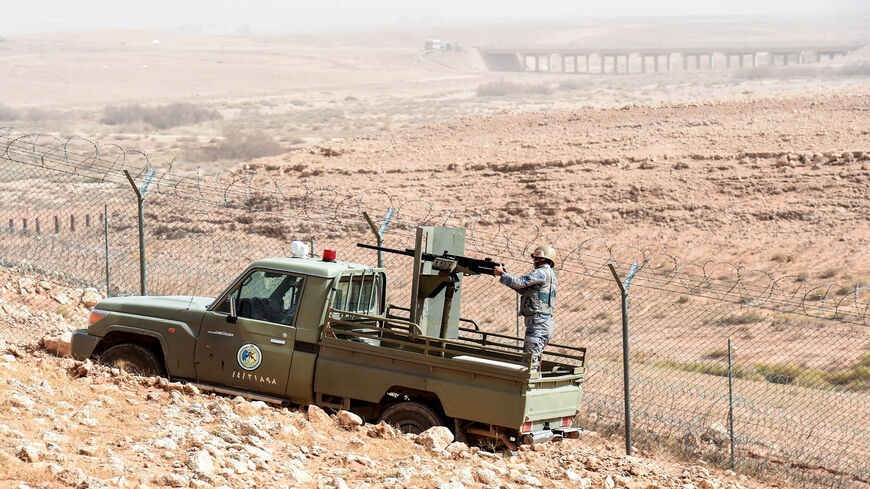
Kataib Hezbollah are calling for more attacks on Saudi Arabia amid wrangling over who should protect the country’s borders.
As Iran warns of a possible cross-border ground operation into Iraqi Kurdistan, an armed faction operating within Iraq has called for Iran-linked armed groups across the region to take the fight to the Saudi capital.

The deal comes at a notable time in Iran-Iraq relations, as the Islamic Republic continues to threaten and attack Kurdish groups in Iraq.
Iran and Iraq signed an export agreement today.
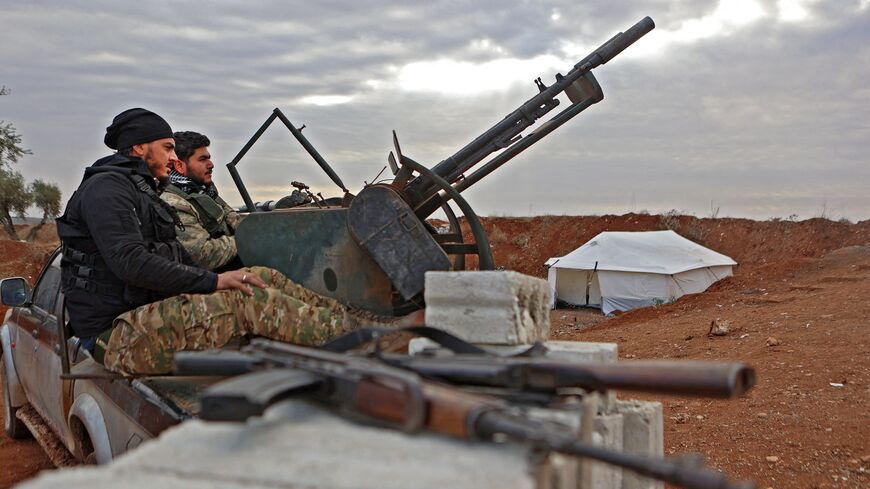
In this weekly newsletter, Pentagon Correspondent Jared Szuba rounds up the biggest security stories from the region.
The Pentagon is taking a stand against Turkey’s plans to launch another assault against the Kurdish militias that form the bulk of the US-backed force fighting the Islamic State in Syria.
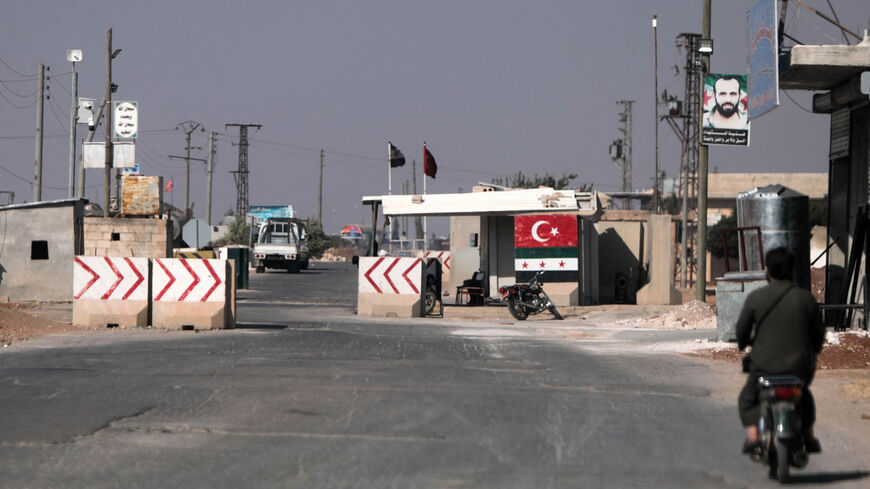
As the Turkish-backed opposition factions prepare for an imminent Turkish ground operation against Kurdish forces in northern Syria, questions arise about the potential participation of Hayat Tahrir al-Sham in the battle.